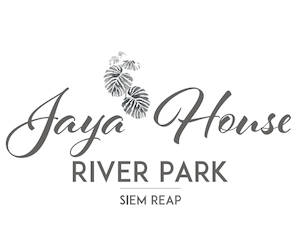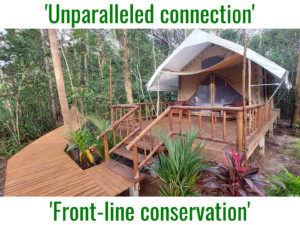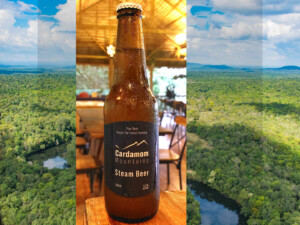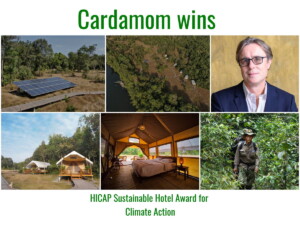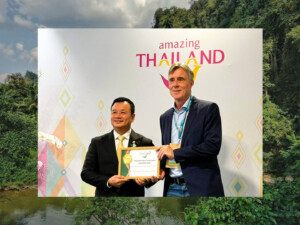Inclusions: How a little place near Angkor became one of the world’s best hotels
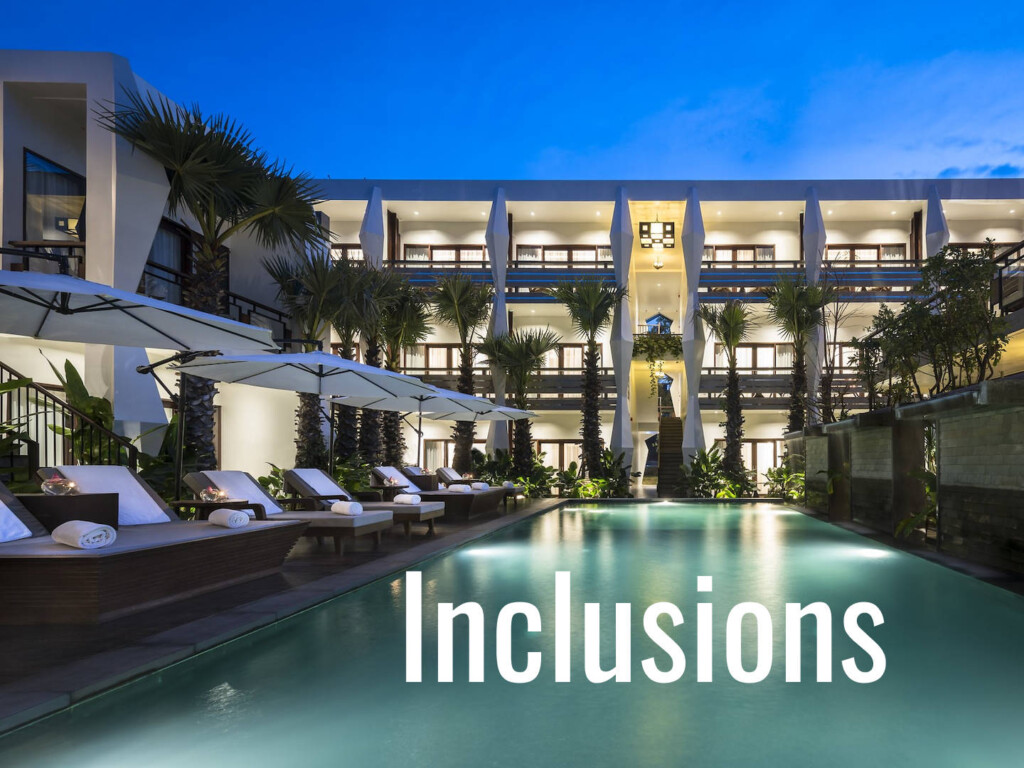
There’s a lot of good going on behind the leafy green exterior of one of the world’s best hotels. And much of it is “rather easy”.
Talk is cheap.
Christian de Boer is tired of the hypocrisy that runs rampant in the travel & tourism industry, such as “the B Corps that can’t wait to give you a plastic water bottle”.
Certification systems, which should rigorously uphold certain standards and make decision making simpler for prospective customers and supply chain partners, rather serve to disappoint and deceive.
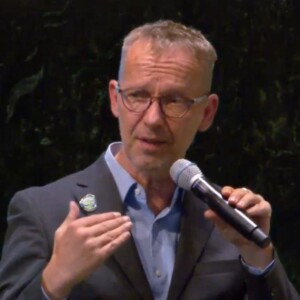
Industry association and trade media awards reward the paid-up members, patrons, and sponsors of the organisers.
There will of course be credible exceptions; certificates and awards that mean something; that represent effective action.
However, in an atmosphere of declining trust in institutions at all levels, including, or perhaps especially, global, it’s tough to sort the real from the ‘feel’.
Local actions speak louder than ‘like’-able words.
And genuine smiles on the ground tell a story.
Table of Contents
Smiles tell a story
With a beaming one, Tiger picked me up at the new Chinese-made airport serving Siem Reap, the ‘gateway’ to Cambodia’s premier tourism attraction Angkor Wat.
The former tuk tuk driver who once regularly shuttled Mr de Boer around Siem Reap is now the proud owner of a luxurious touring van thanks to the driving and guiding work he picks up through his association with Jaya House River Park.
Vanak, my deep tissue massage therapist, after learning of my earlier arrival from Bangkok, spoke of her recent holiday in the Thai capital.
The Cambodian staff of Jaya House River Park clearly earn decent wages with which they can lead expansive lives. And they take pride in their work.
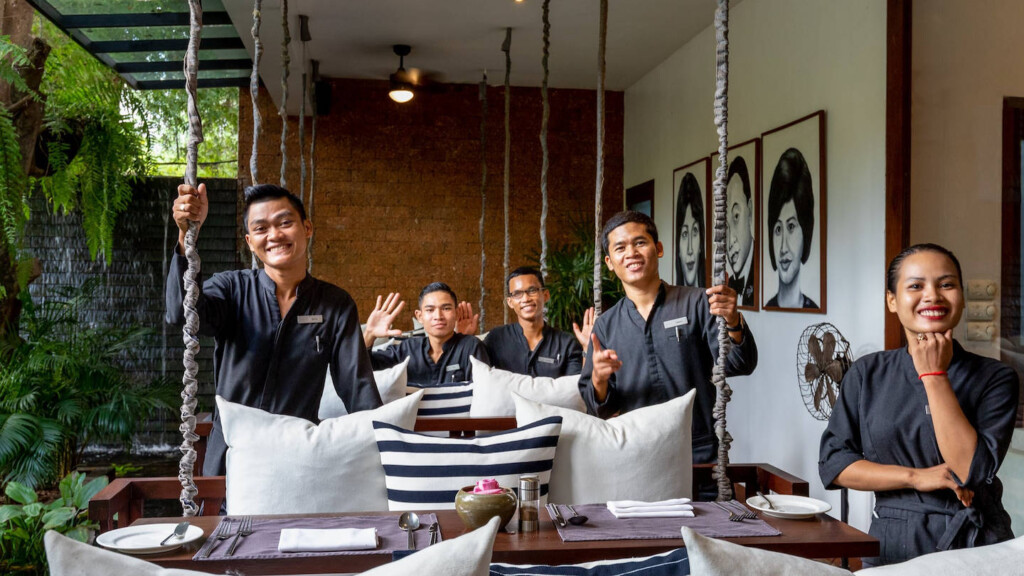
Honourable HR policy is partly why Jaya House is not for the traveller on a budget, of course. But, with all the complimentary inclusions — daily massage in the plush spa, breakfast (I spotted a bottle of sparkling wine among the juices), laundry, mini bar, tuk tuk rides to and from town, and even the use of an old-school mobile phone to call for one — Jaya House River Park will put a smile on the faces of those who seek value for money.
I don’t think I’ve seen Google Maps reviews of such volume that are so overwhelmingly positive. TripAdvisor users are similarly delighted. They have collectively ranked Jaya House River Park among the top 25 hotels in the world for four years straight.
‘Trees for life’
With 36 guest rooms, two swimming pools, a spa, and an all-day-dining restaurant, Jaya House River Park is a quiet, lush, and luxurious oasis in the middle of a bustling tourist town.
The greenness within the hotel’s grounds spills out into Siem Reap.
The public parklands that run along both sides of the Siem Reap River would likely still be rubbish-strewn strips of dirt if it weren’t for Jaya House River Park removing the trash and planting more than 2,000 trees.
While many hotels talk about what they would do — if only guests would help them save pennies on laundry detergent — the good people at Jaya House literally stepped outside their front door and did something great: Create a leafy river park to honour the Jaya House River Park name.
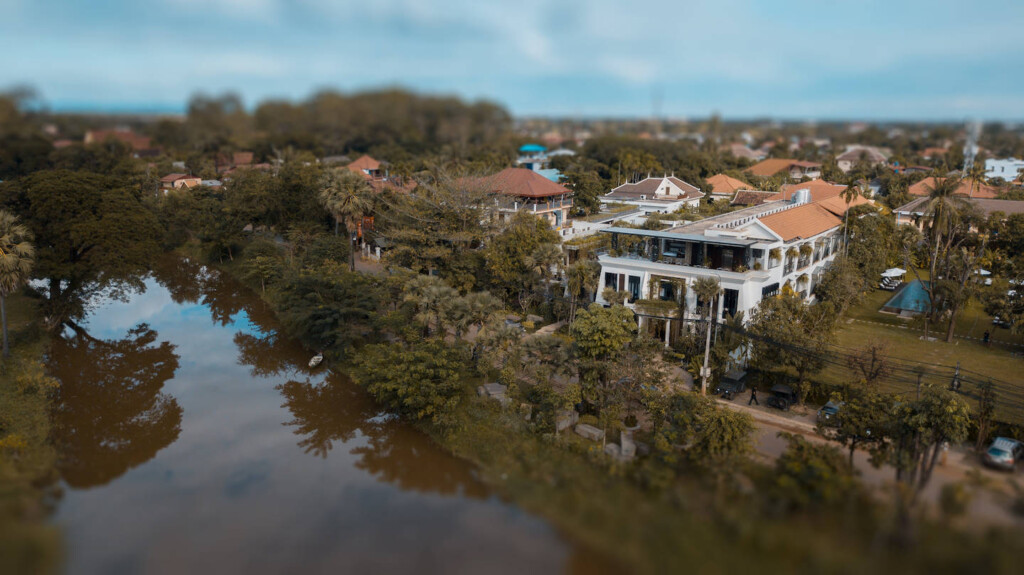
‘Refill Not Landfill’
Before we set off on the drive from Siem Reap’s new international airport, Tiger handed me a cold towel, a glass of fruit pieces, and a Jaya House-branded ‘Refill Not Landfill’ aluminium water bottle brimming with cool relief.
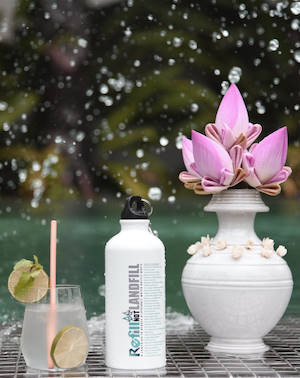
I could keep the water bottle, he said. (Another inclusion!) There would be no plastic water bottles at Jaya House River Park.
Mr de Boer is a passionate activist against single-use plastics. He co-founded Refill Not Landfill in partnership with Dean McLachlan, a fellow Siem Reap-based hotelier.
Cambodia’s tourism industry uses 4.6 million single-use plastic water bottles a month, which, along with plastic bags and other plasticky things, eventually end up in landfills, rice fields, rivers, the Gulf of Thailand, and the South China Sea. And around the world they go.
But merely complaining about it does nobody any good. As Mr de Boer has proven there are “viable alternatives”. Indeed Mr de Boer’s proactive leadership-by-example is why he is an advisor to the United Nations in their Global Tourism Plastic Initiative.
And he was a panellist at the ‘High-Level Thematic Event on Tourism’ that took place at the United Nations General Assembly, April 17, 2024. During the session, Mr de Boer called for the tourism industry to do away with single-use plastics by January 1, 2025.
“[I]t’s rather easy to make the switch with similar-thinking industry partners”, he reckons. (One of his partners in this initiative is Khiri Travel; also a “GT” Partner.)
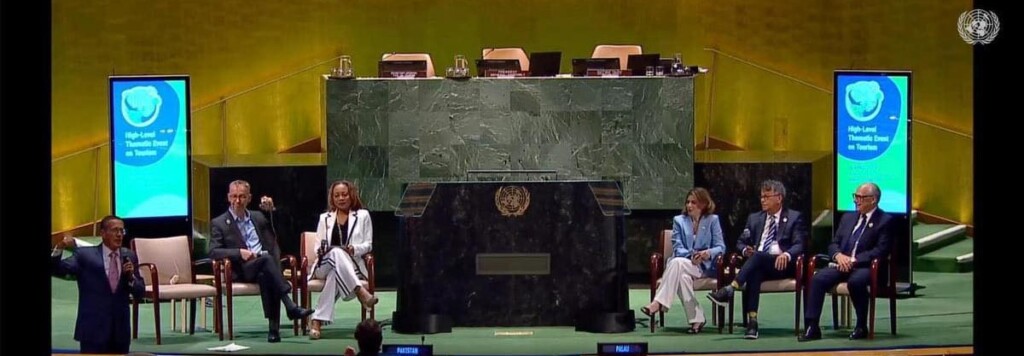
Multifaceted
Jaya House River Park’s viability and success as a hospitality business in its own right makes all of its initiatives possible and sustainable.
None of them are ‘in your face’, boastful, or preachy when you’re a guest at the hotel, which is both refreshing and inspiring in our hyperbolic, virtue-signalling world.
And regardless of guests’ further donations, which are of course gratefully accepted, the property’s owners, management, and staff support several other causes, including:
- The Cambodia Rural Students Trust, which sponsors bright students from poor, rural families, to study at the best high school and university in Siem Reap.
- Green Gecko Center for Street Children, which empowers families who previously lived and worked on the streets to care for their children in a safe and nurturing environment.
- The Cambodian Landmine Relief Fund, which serves to educate the public on the ongoing dangers of landmines, as well as support the education of affected Cambodian youth.
- The Small Art School, which provides free art education to its enrolled students.
- The Made in Cambodia Market, which creates local jobs, enhances local livelihoods, and assures shoppers that their purchases are indeed Cambodian.
Furthermore, during the COVID-19 lockdowns that shut down livelihoods, Jaya House River Park co-started an initiative with Treeline Urban Resort and Mulberry Hotel to donate and distribute 54,000 plastic-free and styrofoam-free meals throughout Siem Reap province.
No pressure
Mr de Boer didn’t want me to focus on Jaya House River Park for this post. He would have preferred it if I focussed on one or more of his causes, including perhaps the ‘Nutritional Book Drive’, which is currently prominent on Jaya House River Park email signatures and the website right now.
Again, there’s no pressure:
“You are already making a significant difference by staying in a locally owned hotel, [which] employs Khmer nationals, providing jobs, income, and opportunities to the local community. This is the first way you, as a guest, help create a ripple effect.”
So, in that spirit, I have centred this post around the property that Mr de Boer leads; the little hotel that walks the talk, and is much loved as a result. And, I’ll go ahead and publish anyway; as a “GT” Partner message; a complimentary inclusion within “GT” Partnership …
Thanks for all that you do, Jaya House River Park. You’re a credit to your people, your place, and the hospitality profession. I’m thrilled that you’re a “GT” Partner.
About Jaya House River Park
Peacefully located alongside the Siem Reap River, surrounded by fully-grown trees, Jaya House River Park is a hidden gem in Cambodia.
With 36 rooms, two swimming pools, a spa, and an all-day-dining restaurant, the boutique hotel is located about a six-minute tuk-tuk journey from Siem Reap town in the direction of the magnificent temples of Angkor Wat.
There is much more to learn about Jaya House River Park …
Featured image (top of post)
One of Jaya House River Park’s two swimming pools. Jaya House River Park reserves all rights to that image and all the other images used in this post.


